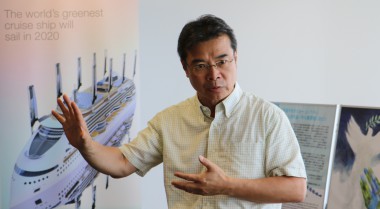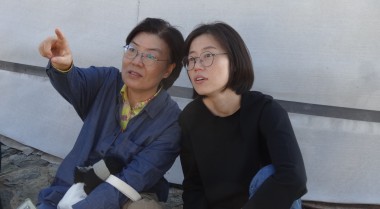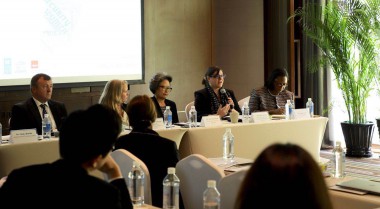
The Ulaanbaatar Process, September 13-15: dialogue in person for peace in Northeast Asia
From September 13-15, 2022, the eighth Ulaanbaatar Process meeting will be held in Mongolia with approximately 25 representatives from places including Beijing, Hong Kong, Kyoto, Seoul, Taipei, Tokyo, Ulaanbaatar, Vladivostok, and Washington DC to exchange information, opinions, and experience to shape a peaceful future for Northeast Asia.
Why Mongolia? – Mongolia is a state with an internationally recognised nuclear-weapon-free status that benefits from political security assurances by the five nuclear weapon states. It also maintains friendly diplomatic relations with all Six-Party Talk members and other states of the region. The 30th anniversary of this special status will be commemorated at the meeting, including remarks by Ochirbat Punsalmaagiin, the first democratically elected President of Mongolia and President of the NGO Blue Banner.
‘’When the Six-Party Talks started in 2003 with the aim to reduce the escalating crisis on the Korean Peninsula, we were considering how civil society organizations could reduce tensions, open dialogue and work on peacebuilding when state institutions are not effective enough’’, said Yoshioka Tatsuya, Executive Director of Peace Boat and Chair of the GPPAC Board.
Since then, the Ulaanbaatar Process is the sole standing platform for dialogue in Northeast Asia in which civil society from all parts of the region, including both Koreas, is actively and consistently participating through times of both crisis and stability.
During the three-day meeting in Terelj National Park, on the outskirts of Ulaanbaatar, participants will discuss pressing issues such as the peace process and denuclearisation of the Korean Peninsula, and the impact of the war in Ukraine on security in Northeast Asia. The third publication in a series, “Peace and Security in Northeast Asia: The New Normal” will be launched on September 13, and targeted, action-oriented recommendations for civil society, governments and international organisations will be developed.
The overall goal of the Ulaanbaatar Process is to strengthen the position of civil society and support it to enhance and maintain inclusive and sustainable peace in the region. It complements official (regional and international) processes and provides recommendations from an all-of-society perspective. It is co-convened by GPPAC, its Regional Secretariat based with the Japanese NGO Peace Boat, and Mongolian NGO Blue Banner. Since 2021 it is co-funded by European Union’s Instrument contributing to Stability and Peace (IcSP).


